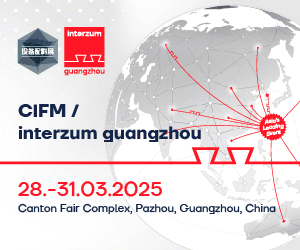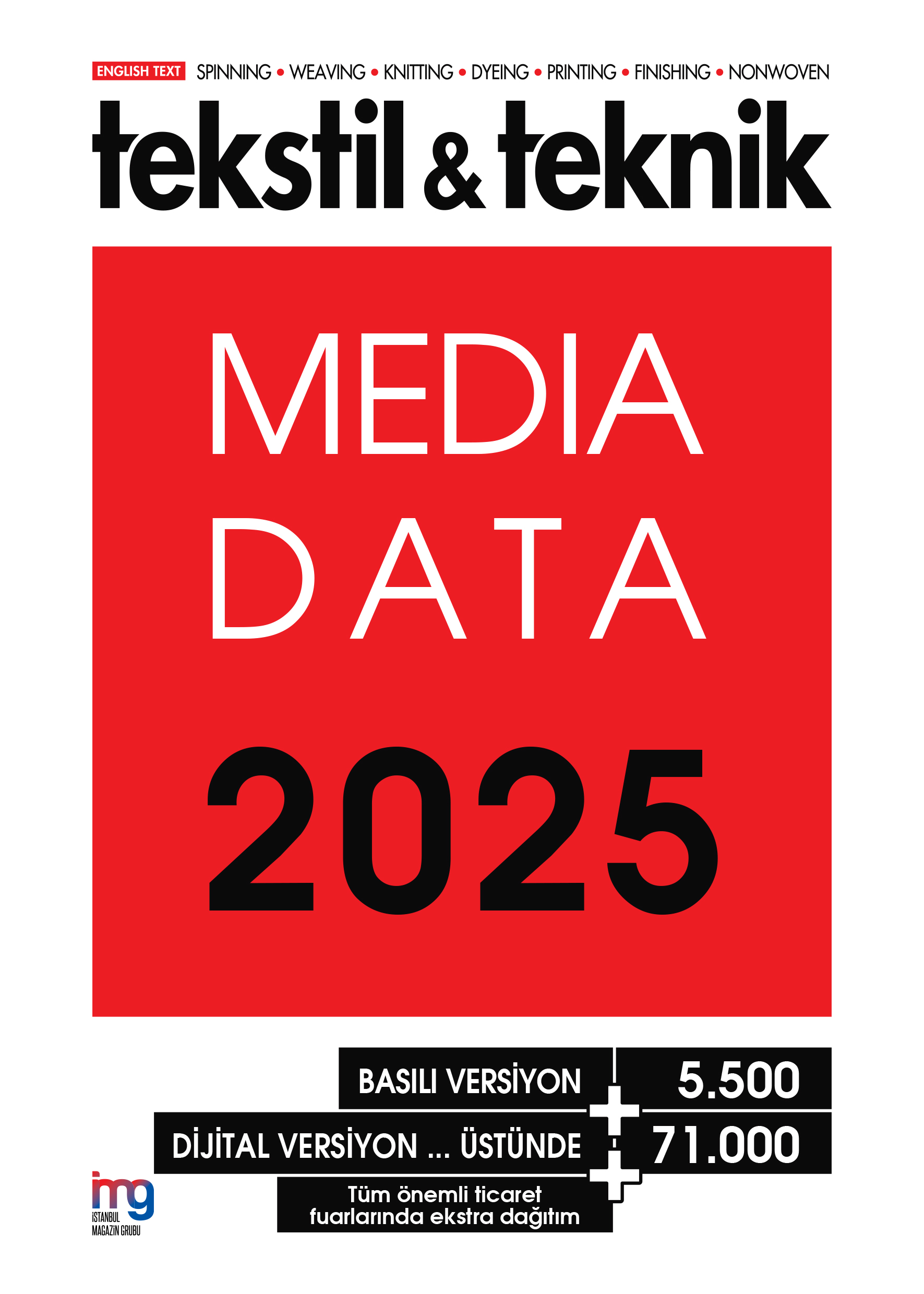 Denge Kimya, which was established as textile auxiliary chemicals producer in the year 1933, conducts joint works in Thrace, Aegean, East and Bursa regions of Turkey with different countries.
Denge Kimya, which was established as textile auxiliary chemicals producer in the year 1933, conducts joint works in Thrace, Aegean, East and Bursa regions of Turkey with different countries.
The main products produced by Denge Kimya are auxiliary chemicals used in textile pre-treatment and end treatment, silicones, anti-foam, resins, industrial chemicals and water purification chemicals. Denge Kimya Sales Marketing General Director Rüstem Aldatmaz shared his views on the works of the company and the condition of the sector with us.
Can you tell us a little bit about your company and your works being one of the prominent companies of our sector?
“Our company constantly improves its products in the R&D laboratories with advanced equipment and while conducting the R&D operations, it finds economic solutions for the needs that come out of domestic and foreign markets by also giving importance to the customer demands, and it develops special products that is sensitive to human and environmental health. Besides, it provides customer oriented solutions in the dyeing and application laboratory with advanced technology. Denge Kimya is running joint works with world’s leading companies such as Momentive, Biporin and Nippon Kayaku.”
Can you tell us about the products your company released into the market and their qualities?
“Decrease of expenses in textile finishing sector and the economic problems occurring in the market started to really push the companies. Therefore as Denge Kimya we are developing projects on methods that decrease the cost of energy and process in finishing sector and we put them on the market. Especially the project in which polyester/viscose mixed fabrics of high fastness and high repeatability are dyed in the same bath drew the attention of our customers. Thanks to this process they increased the efficiency in operation by decreasing their energy costs and duration of dyeing. “
What kind of contribution do textile chemicals make in textile products? Where do chemicals stand in textile sector?
“It is possible to obtain fabrics with many diverse functions that you cannot imagine by using textile chemicals. Textile auxiliary chemicals will continue to be the most important factor of the sector for the high added value, aesthetic, technical performance and functional qualities. Such products will give room for our most important source of exportation, textile industry.”
What should be done for the environmental and human health?
“If we consider that 20-30% of the world wide used chemicals are used for textile and approximately 50-70 liters of water is spent for 1 kg fabric, we will realize how important the sector is for the environment and society. The legislations and things to be done in this matter are determined with standards. The sector must show its sensitivity to this subject and must increase R&D operations on this matter. All the chemicals produced in Denge Kimya are designed by putting the human sensitive test standards into consideration. All the standards such as İnditex, Gots and Reach are met.”
What does sustainability mean for you?
“Sustainability is the guarantee of our future as a model that enables the efficient usage of resources in every field and gives importance to environmental balance. For a sustainable future, Denge Kimya joined National Quality Movement led by KalDer in January 2010 and took the “Perfectionism Model” as its management model ever since. It earned the right to receive 3 stars proficiency certificate from EFQM within the year 2014 in this matter. It aims to get 5 stars within the upcoming two years.”
What is the qualified staff condition of the sector? What are your thoughts on this topic and what should be done?
“Due to an increasing need of technical service in textile chemistry sector, there is a high demand for well-educated and experienced employee. However the sector has a hard time finding engineers that are well-educated with knowledge in textile and chemistry. Therefore the engineering departments of the universities must be in contact with the industry more and they should increase their cooperation. In addition to that, the companies that operate in textile sector must create more job opportunities for the newly graduates and pay attention to the contentment of the staff. Textile industrialists with Organized Industrial Zone must conduct joint projects in education and thus starting the training from high school will decrease the need for the middle intermediate staff. As Denge Kimya we are in cooperation with the universities and we actualize the application ‘’Education integrated with sector”. With this application the senior year students of engineering faculties are working three days a week actively in Denge Kimya. Both the proficiencies of the students increase and our company trains employees with its own discipline.”
When the world chemistry industry is considered, where does Turkish chemistry industry stand? What are the trends in textile chemicals?
“Textile auxiliary chemicals are an important branch of textile industry. Many local chemical producers obtained the competition power with their product quality of world standards and made progress just like in the textile machinery sector. The increase of the exportation numbers also shows how big advancements are made in an international framework in this sense. Trends in the textile sector change rapidly along with the development of technology. The period before us will have a market where fabrics are produced with environment friendly products and enriched by special effects. The products that have right colors and designs will be indispensable for the designers and also water repellent finishing, dirt repellence, special applications; aging effect etc. applications along with products that save energy will have an important place in the market.”
How do you see the sector in the upcoming period?
“Because environment friendly textile production will be mandatory for the textile products that will be used in the upcoming period, environment friendly production technologies must be given priority. Besides, production technologies that use energy and water efficiently and enable recycling must be used. Systems towards the automatic control of the process parameters, minimizing the chemical auxiliary materials and developing correct coloring performance at first attempt will be unavoidable for the forthcoming period. Denge Kimya will continue to lead the sector on these matters. Having an exceeding capacity of current production capacity of textile chemistry sector in Turkey will be reflected on the exportation numbers for the next years to follow positively.”










